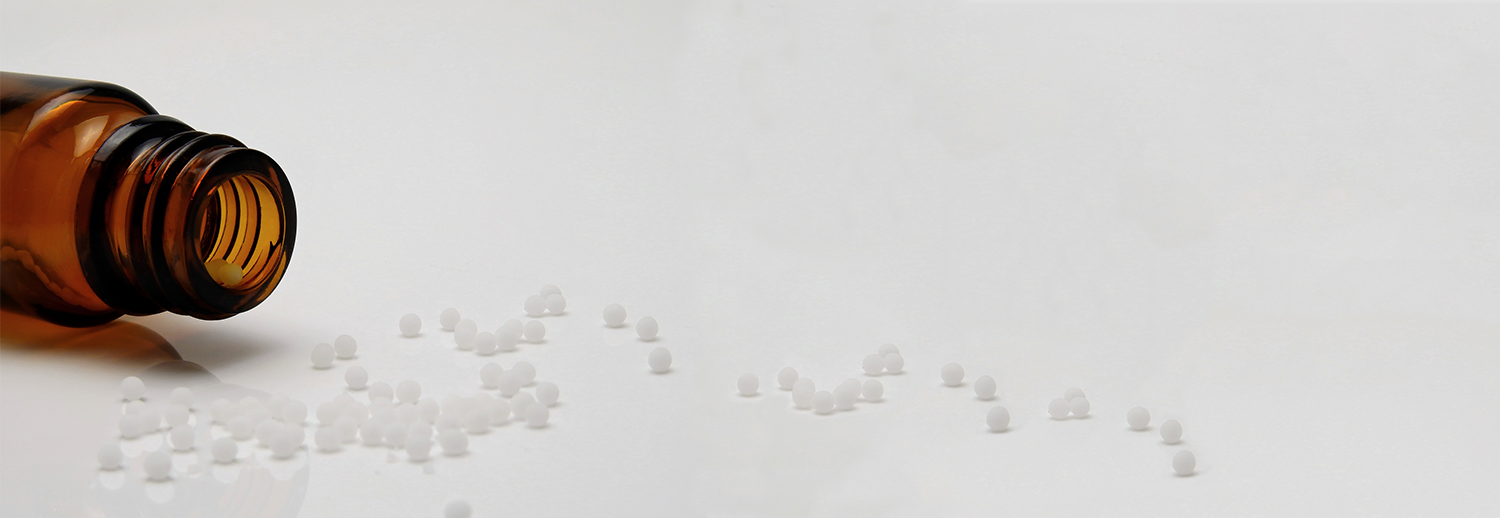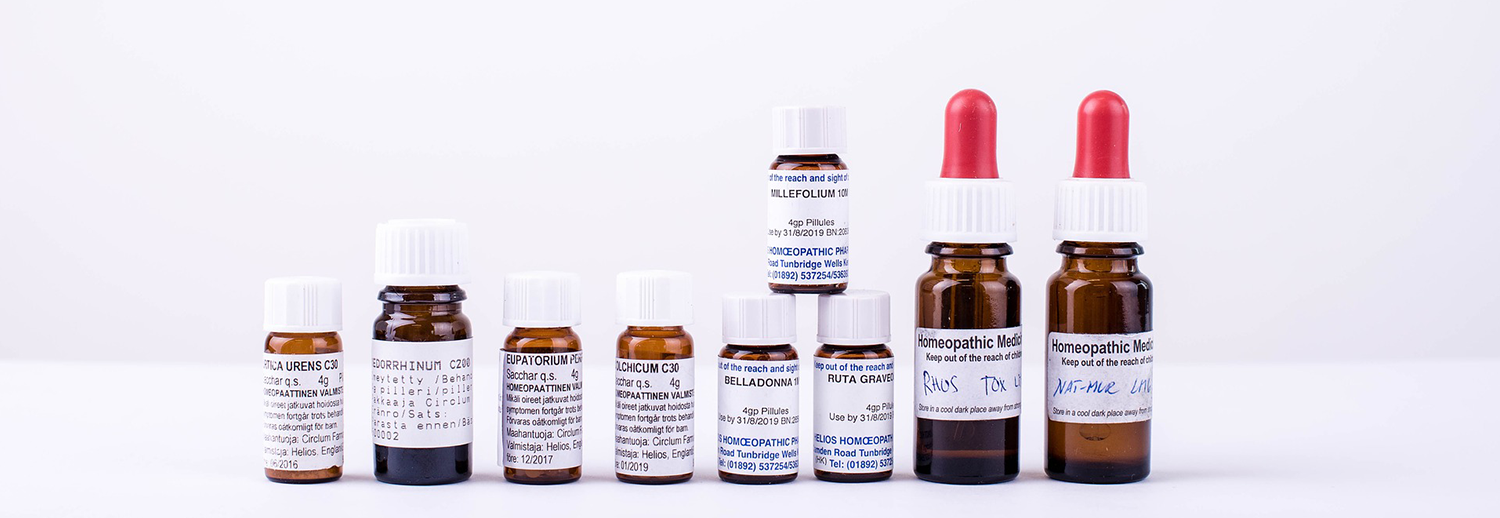Homeopathy
Homeopathy is a natural form of medicine used by over 300 million people worldwide for both acute and chronic conditions. It treats each person as a unique individual with the aim of stimulating their own healing ability.
Homeopathy is based on the core principle of the Law of Similars, or more simply known as ‘like cures like’ i.e. substances capable of causing disorder in a healthy person are used as medicines to treat similar patterns of disorder experienced by ill people. So for example, allium cepa (onion) is a homeopathic remedy commonly used for treating the symptoms of hay fever (running eyes).
The idea that a substance can be damaging in large amounts, but beneficial in small amounts is not new to science, in fact this concept (‘hormesis’) has been around for decades and is increasingly well documented in such fields as biology and toxicology.
'Like cures like' in conventional medicine:
-
Digitalis in high doses causes arrhythmia, but this drug is used routinely in low doses to treat this condition
-
The stimulant amphetamine-based drug Ritalin is used to treat Attention Deficit Hyperactivity Disorder (ADHD)
-
Small doses of allergens such as pollen are used to de-sensitise allergic patients.
The difference here is that homeopathically prepared medicines have undergone a process of serial dilution and succussion, which renders the original substance non-toxic.

Did you know...
- Homeopathy is the second largest system of medicine in the world.
- There is a substantial body of scientific research demonstrating homeopathy is an effective form of treatment.
- Homeopathy can be prescribed alongside other forms of medicine.
- Each homeopathic medicine is specifically matched to the patient.
- Homeopathy has been established and refined for over 200 years.
- 70% of those that use homeopathy experience improvements in health.

What to expect when visiting a homeopath
Homeopathic medicines aim at triggering the body’s natural system of healing and bringing the person to a higher level of health. For this to occur the homeopath selects the most appropriate medicine based on each person’s direct symptoms, unique biology, personal health history and their life experiences.
The appropriate homeopathic medicinal product, know as the Similimum, is often a much reduced dose of the substance which in larger quantities would create the symptoms in a healthy person. This stimulates the body’s defence against such symptoms and mobilises the organism's self-healing capacity.
This ‘whole person’ approach means that two people presenting with the same complaint may receive a different medicine based on their individual symptoms, their emotional response to the illness, and the origin of the disease.
What are homeopathic medicines made from?
Substances originating from plants, animals or minerals can be made into homeopathic medicines. These can be administered in the form of pills, powder or liquid. The homeopathic pharmacopoeia consists of approximately 5,000 medicines.


